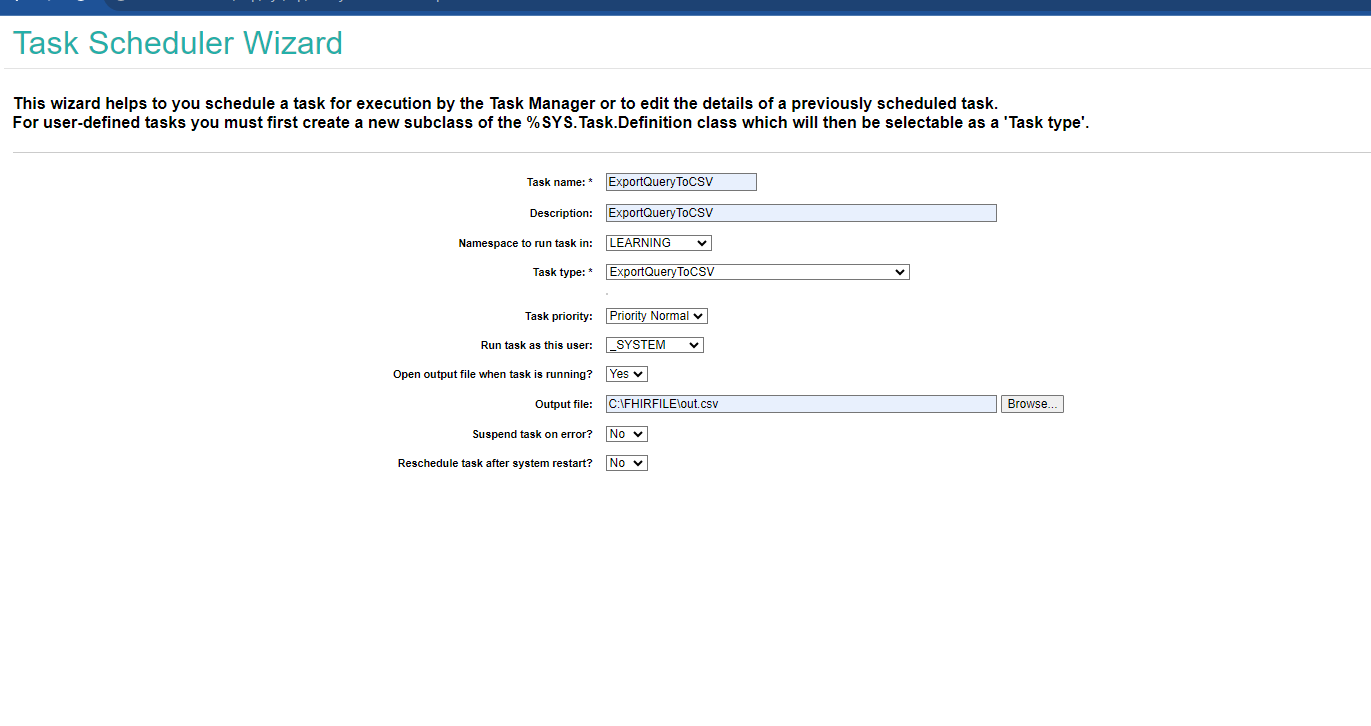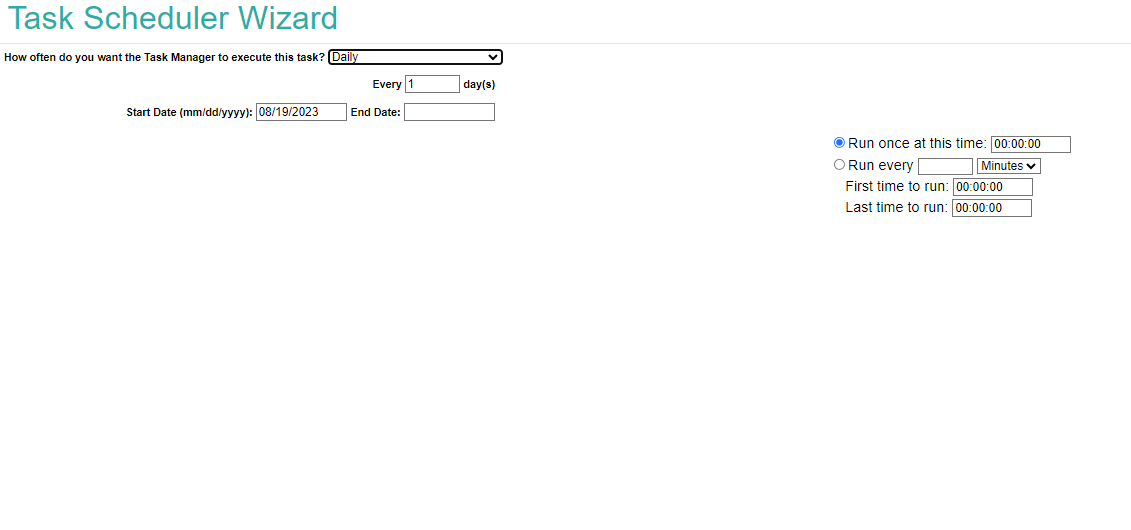Hello Smythe,
I agree with @Robert Cemper points. The %Date datatype is for +$H which means numeric date value. Not an string. You should modify the datatype of the property or use string functions.
IRISMYDEV>s obj = ##Class(CSVtoHL7.Inputfile.Record).%New()
IRISMYDEV>s obj.DOB="12/12/1993"
IRISMYDEV>zw##Class(%Date).IsValid(obj.DOB)
"0 "_$lb($lb(7207,"12/12/1993",,,,,,,,$lb(,"IRISMYDEV",$lb("e^IsValid+1^%Library.Date.1^1","e^^^0"))))/* ERROR #7207: Datatype value '12/12/1993' is not a valid number */
IRISMYDEV>w$SYSTEM.OBJ.DisplayError()
ERROR #7207: Datatype value '12/12/1993' is not a valid number1IRISMYDEV>s obj = ##Class(CSVtoHL7.Inputfile.Record).%New()
IRISMYDEV>s obj.DOB=$ZDateH("12/12/1993")
IRISMYDEV>zw##Class(%Date).IsValid(obj.DOB)
1- Log in to post comments
.png)

